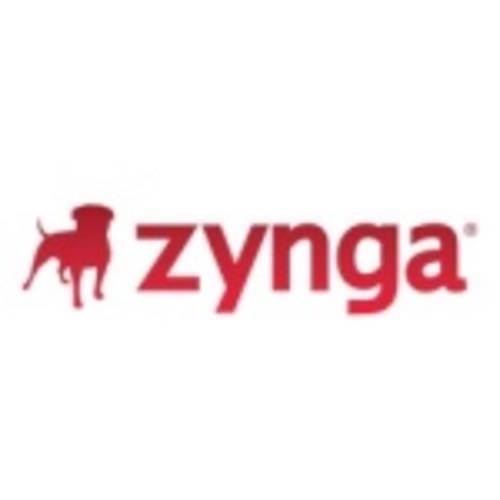Zynga CEO Mark Pincus named his gaming company after his late American bulldog, a beloved yet health issue-ridden breed with a short life expectancy. Ninety-five percent of four-year-old Zynga’s business depends on Facebook. Will Zynga’s overdependence on Facebook make it repeat the story of the bulldog it was named after?

Zynga priced its shares in the $8.50-$10 range. It aims to be the biggest tech IPO since Google’s in 2004.
When the company began trading on NASDAQ this morning, the public offering kicked off at the high end at $10 per share. Forbes reports that shares did not see a customary first-day trading pop. It has, however, sold 100 million shares at $10 each. Zynga is valued at $7 billion.
A few days ago, analysts predicted that Zynga would under-perform, and that shares were priced too high for a company with such a high-risk business model. Sterne Agee analyst suggested a $7 target. Within the first 10 minutes of trading, it dropped below its initial public offering price.
In its developer agreements, Facebook promises Zynga that it won’t make any Facebook games. If it does, Zynga can bolt. In its initial filing, Zynga noted that almost all of its unique monthly active users were from Facebook. But Facebook will not flat out buy Zynga because Google is a Zynga investor – and Facebook certainly doesn’t want to pay off one of its main rivals. That’s why Zynga is keeping its options open.
In October, Zynga launched Project Z, a social network designed for games and discussions about them. It’s hosted on Zynga’s own site, and was designed as a way to gain a bit of independence from Facebook. One month prior to the announcement of Project Z, and one day after Facebook’s f8 conference, Google launched Zynga’s CityVille on Google+, hinting at another node of independence from Facebook. Google had been building a game platform for a year or more prior to the CityVille Google+ announcement. Some analysts believe that Google Plus games will rival Facebook.
Zynga launched its first Android social game in November 2010. A few months later, it launched the hit Words With Friends for Android, again shifting the focus away from Facebook dependence.
Even still, Zynga’s mobile games are tied to the social graph, and Project Z uses Facebook Connect.

















